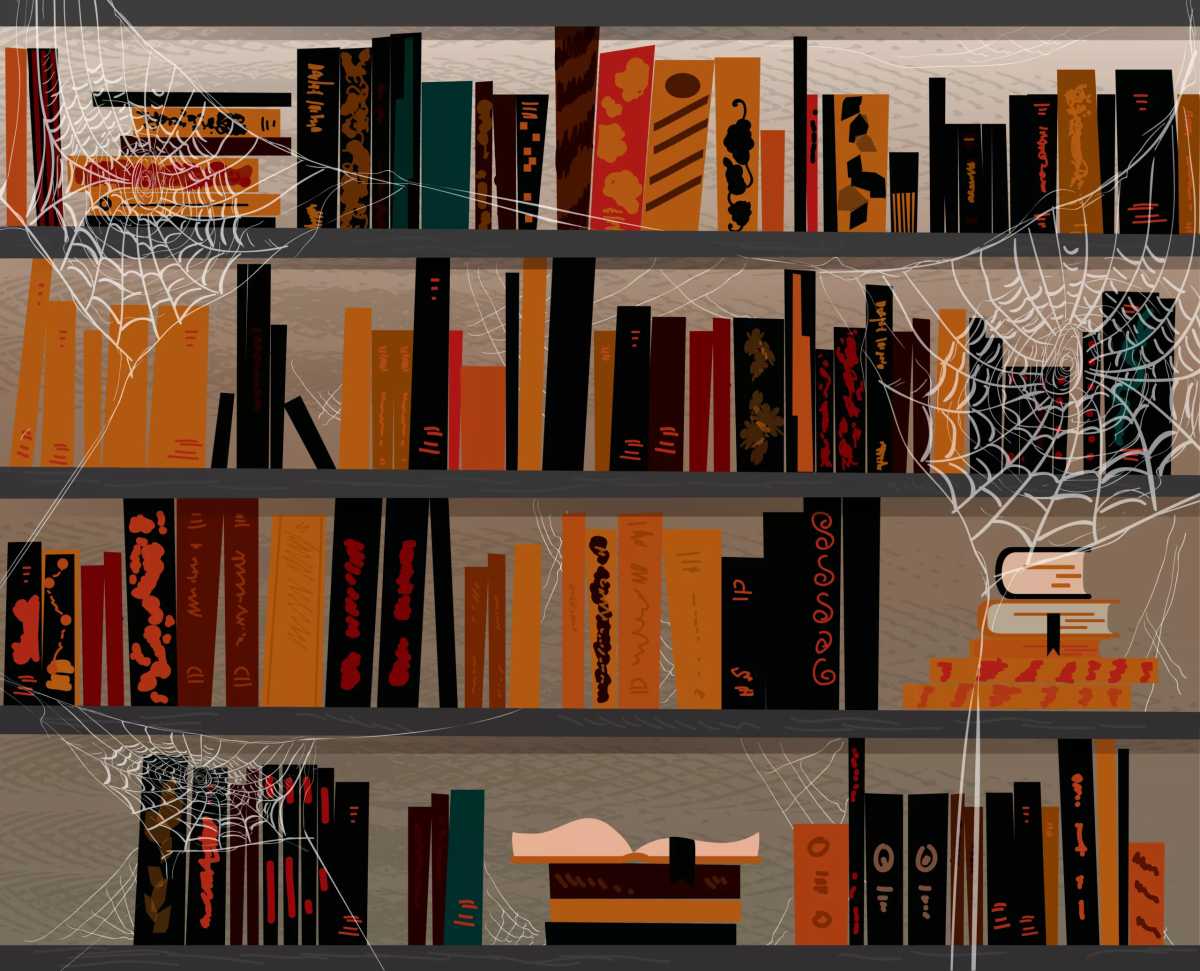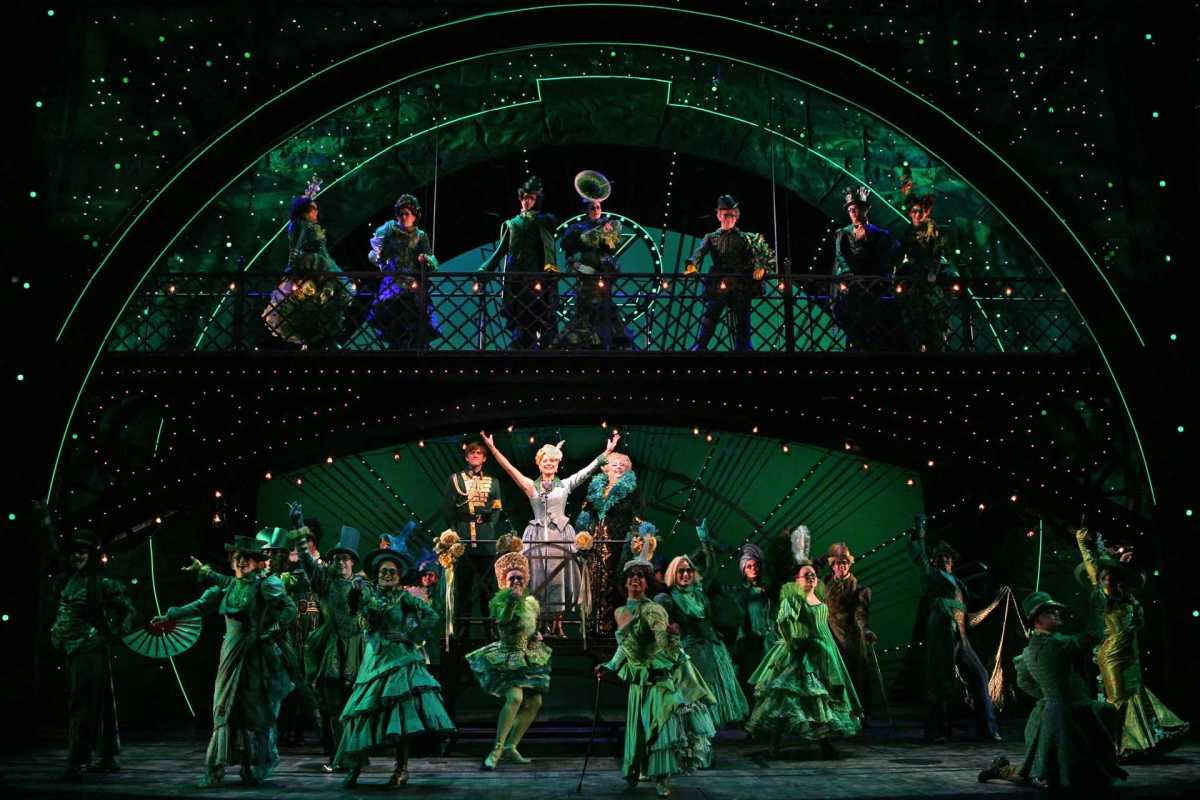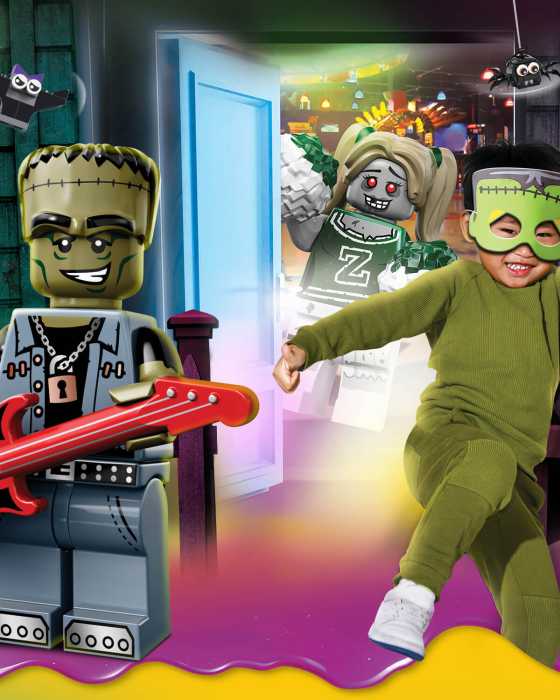Squelching My Son’s Dream
My son Lewis is trying to figure out what he wants to do with his life. As I parent, I know it’s my job to support and encourage him in his field of choice. So tonight, when he walked into the kitchen and announced that he had discovered his destiny, I was ready to embrace his dream.
That is, until he said, “I want to be a professional gamer.” (That’s a professional video gamer for those of you who only let your kids watch PBS and still think that you’ll have any significant influence on how they turn out.) Sometimes I think my son says these things just to shock me, so I ignored him and continued to load coffee cups into the dishwasher.
“Professional Xbox players can make a lot of money,” Lew continued. “And Mom, you know how you think that you’re pretty good at writing stuff? Well, I’m really good at ‘Halo 3’.”
I thought back to when he was 3 and wanted to be a fireman. I bought him a plastic fire chief hat and took him to the fire station where the real fireman let him ring the bell on a real hook and ladder truck. Together, we read and reread All Aboard Fire Trucks.
When he was 6, he was crazy about dinosaurs. We thought he was a genius because he could identify a triceratops and pronounce the word “paleontologist.” We bought him models of T-Rex, read The Big Book of Dinosaurs, and took him to the Museum of Natural History, where he bought a poster of the Jurassic Period for his bedroom wall.
Later, he was determined to become a professional soccer player. So we signed up for soccer camp, joined the club teams and set up a
goal in the backyard. We bought him a Manchester United jersey with “Beckham” emblazoned on the back. Never mind that the chances of becoming a professional soccer player are infinitesimal – we were willing to believe that our child would defy the odds. Besides, an obsession with soccer was better than being cooped up inside playing video games.
Lewis, however, is a fount of pro-video game propaganda that counters my misgivings. He’s told me that Xbox improves hand-eye coordination, that it’s used to train military special forces and that it promotes morality and a sense of fair play. And now, Jane McGonigal, author of Reality is Broken: Why Games Make Us Better and How They Can Change the World (Jonathan Cape, 2011), promotes the idea that we all should play more video games. Ultimately, she says, video games can cure everything that’s wrong with modern civilization. Lew agrees.
“Mom, did you know that the top ‘Halo’ player made over a million dollars in just one tournament,” Lewis says as I pour powder into the dishwasher.
I don’t want to contribute to the decline of civilization, squash my child’s ambition or destroy any possibility of him buying me a retirement condo in Maui, but the chance of my son becoming a professional gamer is probably even more remote than the chance of him being recruited by Manchester United.
So it makes me wonder. Did the mothers of these few, elite video gaming pros do everything they could to support their sons’ dreams? Did they call out the back door on a sunny spring afternoon, “Stop playing soccer and get in here and practice your ‘World of Warcraft’!” Did they urge their offspring to skimp on homework and log at least four hours of gaming every night? Am I an obstacle to my son’s success?
“And just now, on Xbox live, I almost beat the guy who lost to the guy who lost to him,” Lew concludes with confidence.
I look at my son, who is breathless with excitement, and all I can say is, “Did you finish your homework?”
To join Carol’s support group for unsupportive moms write to her at carol@carolband.com.
















